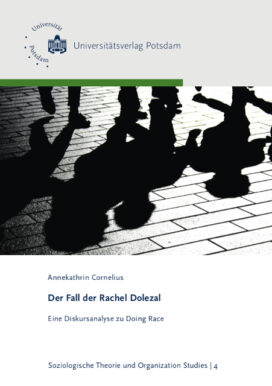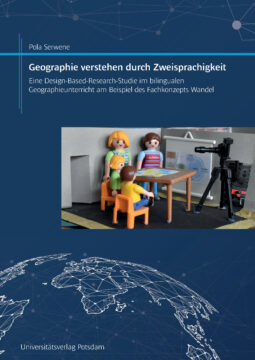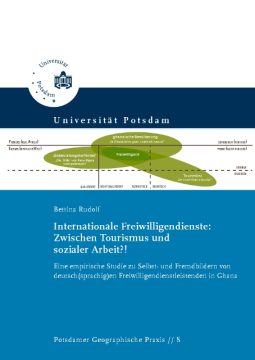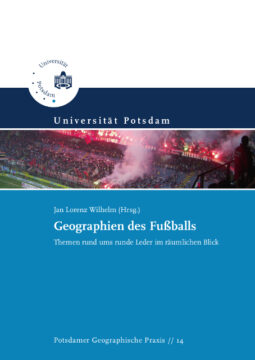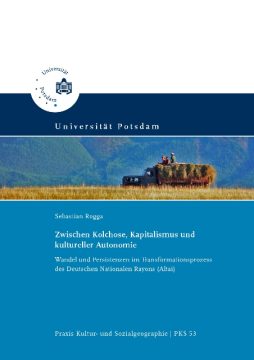The American Rachel Dolezal was known as an African American woman until 2015. As an activist of the National Association for the Advancement of Colored People, she spoke up for the right of the African American population, lived in a black community and taught African American Studies at university. “I identify as black” she gave answer to a TV moderator after she was asked if she is African American. Her coworkers and her closer environment also identified her like that. It was only when a regional journalist became aware of her and her parents made a statement, that Dolezal actually was a white woman. Dolezal’s parents reinforced that by publishing childhood photographs of a light-skinned, blond Rachel. Dolezal’s behavior then aroused a lively discussion at the media about her person in the context of ethnicity and race.
The author picks Dolezal’s case up as an example, to investigate whether a Doing Race is a possible alternative. Is Dolezal allowed to identify as black, even though she has no African ancestry? Which kind of social knowledge restricts this choice and which consequences evolve? On the basis of a discourse analysis of American newspaper articles the authors examine these questions. Race and ethnicity are defined as social constructions, based on the concept of Stephen Cornell and Douglas Hartmann.
halöp

